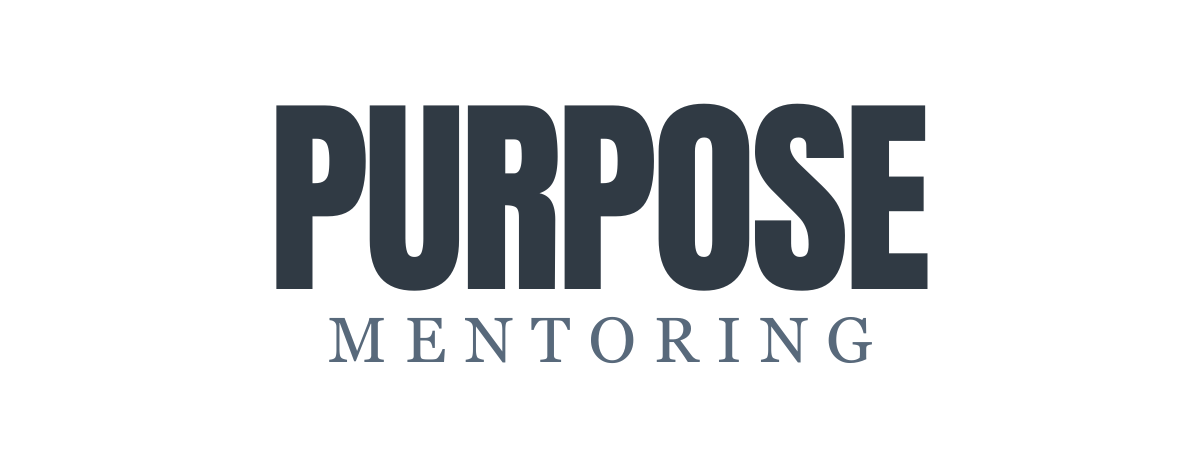Time Before Meetings
It’s 10:12am. You have a meeting at 10:30am. What do you do with the next 18 minutes?
I hear a lot of people talking about this “dead time” before meetings. When you know that something important is coming up soon (especially if it is an important meeting, such as a review or a sales call with a new client), it can be hard to start another task. The problem this causes is a lot of wasted time, especially if it happens frequently.
If you can relate to this, what do you do about it? There may be some practical solutions, but first ask yourself some questions:
➡️ What do you generally fill this ‘dead time’ with at the moment? How healthy or unhealthy is this?
➡️ When did this become an issue for you?
➡️ Do you experience the issue more when it is a planned, scheduled meeting, or when the meeting has been called at short notice? If it is the latter, is it something about your routine being interrupted?
➡️ If you can pinpoint a time when this became an issue, then perhaps there is something important to understand about what caused it.
——
There IS a practical reality here, that short blocks of time aren’t enough to start a new task and complete it before your meeting, especially with nervous pre-meeting feelings which are very normal. It is important to ask questions like the ones above, to uncover what is REALLY going on for you; but here are some potential practical suggestions:
➡️ What longer-term projects are you working on right now? Can any of these be broken down into smaller chunks that you can gradually chip away at, during the ‘dead time’ before meetings?
➡️ If you currently do nothing of any value before meetings (e.g. social media scrolling) then perhaps go for a walk, get some fresh air, drink a glass of water, or do some stretching. Anything healthy like these will be better than sitting still and scrolling on your phone.
➡️ Write lists! This could be a good opportunity to empty your head, making lists of short-term and long-term jobs that need doing, people you need to call etc.
➡️ Use technology. If you know how long it will take you to get ready for the meeting, set an alarm for this time. Then try to push it out of your mind so you can focus on something else, even if just for a few minutes.
➡️ Could you fit in a call or two? Or, if not a call (because you may not want to have to cut a conversation short for your meeting) then perhaps sent some voice notes over LinkedIn or WhatsApp.
➡️ If this a regular meeting, which doesn’t fit efficiently with your workload, is there any chance it could be moved to a better time?
There are lots of other ideas too, but the best ones will be the ones YOU come up with yourself and that work well for you. Whether your ‘dead time’ inactivity is procrastination, anxiety, a fear of getting distracted and losing focus, or something else, there may well be different things you can try so you can be more efficient with your time.
If this is something you are struggling with, I invite you to get in touch for a private, confidential conversation. Purpose Mentoring sessions help people who have pressurised jobs, and who are trying to balance all the responsibilities of work alongside challenges at home.
